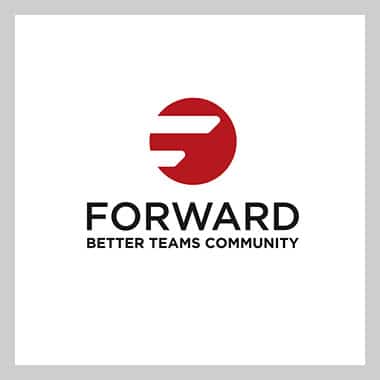Am I as Reliable as I Think I Am? Often people who are very committed to serving others and have the best of intentions are surprisingly unreliable. Take that in for a minute… yes, I am saying the sometimes the most hard-working, well-meaning, and committed people are NOT consistently reliable.
Could this be true of you?
Take this simple quiz and see what you learn about yourself:
- How often do you ask others to reschedule meetings?
- How often are you late for meetings? (Even one minute counts!)
- How often do you show up for a meeting without having prepared?
- How often do you miss deadlines?
- How often do you forget to do things you’ve promised others?
If you recognize yourself in the behaviors above, I urge you to take pause.
The chances are that your intentions are pure, and you are trying to help many people with many things. However, you may have taken on more than you are able to manage. The result is that you are not always reliable to the people around you. Think about the impact you have on colleagues when you are not showing up fully, on-time, and prepared.
When we let our colleagues down, we begin to lose their trust. Sure, once in a while we all make a mistake; however, if we do this regularly, our fellow colleagues will begin to doubt us. Think of someone you know who consistently is unprepared, late, or rearranges your meeting times. How does that behavior impact how you feel about and trust them?
So, what is the solution?
Here are two simple ways you can consciously be more reliable and build trust:
1. Think Before You Say “Yes!”
Examine your workload and start to say “no” or at least “not now”. Or, use the If/Then format such as: “If you need me to do that, then I’ll need another week to get it completed successfully.” The key is to be thoughtful about when you say “yes” and ask for more time when needed.
2. Schedule Time to Prep and Transition
Build some buffer time in your calendar so you have time to prepare and get to a meeting on time and ready to go. If you have back to back meetings, you are inevitably going to start running behind. Try scheduling 45-minute meetings instead of an hour so you always have time to transition.
If you’ve realized you aren’t as reliable as you thought you were, don’t beat yourself up. Just take ownership of your work, set some boundaries, and think before you say “yes.”
Summary:
People who are extremely busy (and with good intentions) are often less reliable than they think. Being reliable is one important element of building trust. In order to be more reliable, think before you say “yes” to anything and be sure you schedule a time to prep and transition in between meetings.
About the Author: Leigh Ann Rodgers, Founder of Better Teams and Forward, is an IAF Certified Professional Facilitator with 20 years of experience in the human development field. Leigh Ann is a skilled meeting facilitator, trainer, and coach working across the globe to help leaders cultivate teams that are happy and high-performing.
Learn. Share. Practice. Move FORWARD. Join the Better Teams community, FORWARD, to network and grow with some of the most experienced professionals in the field of team building and facilitation. LEARN MORE

